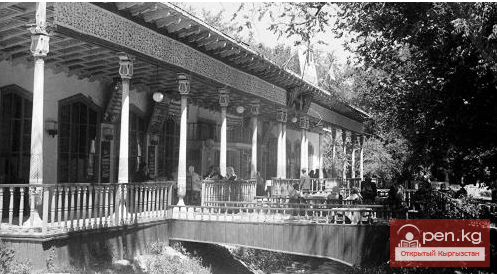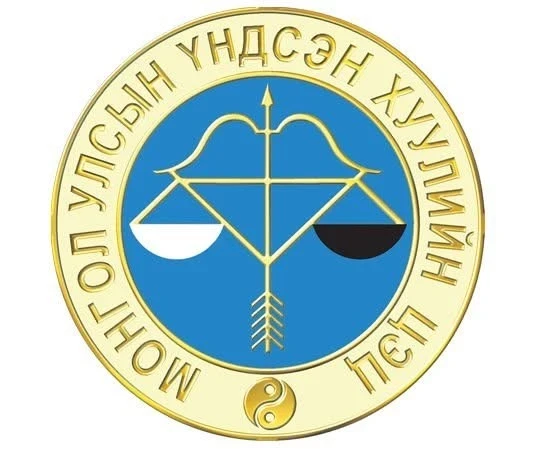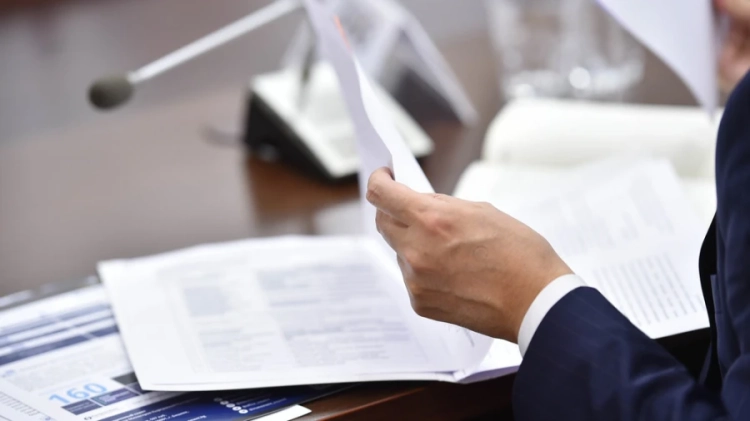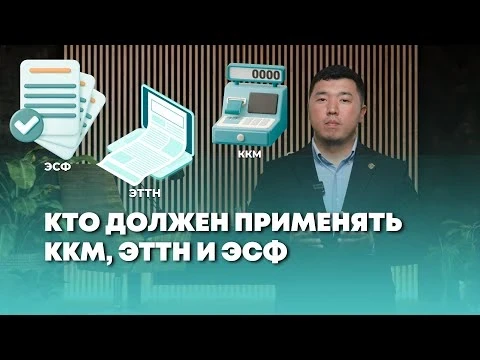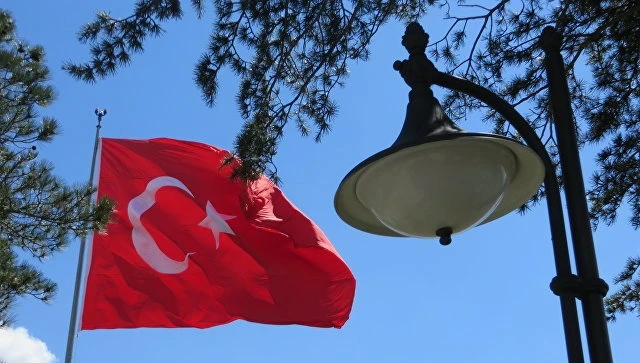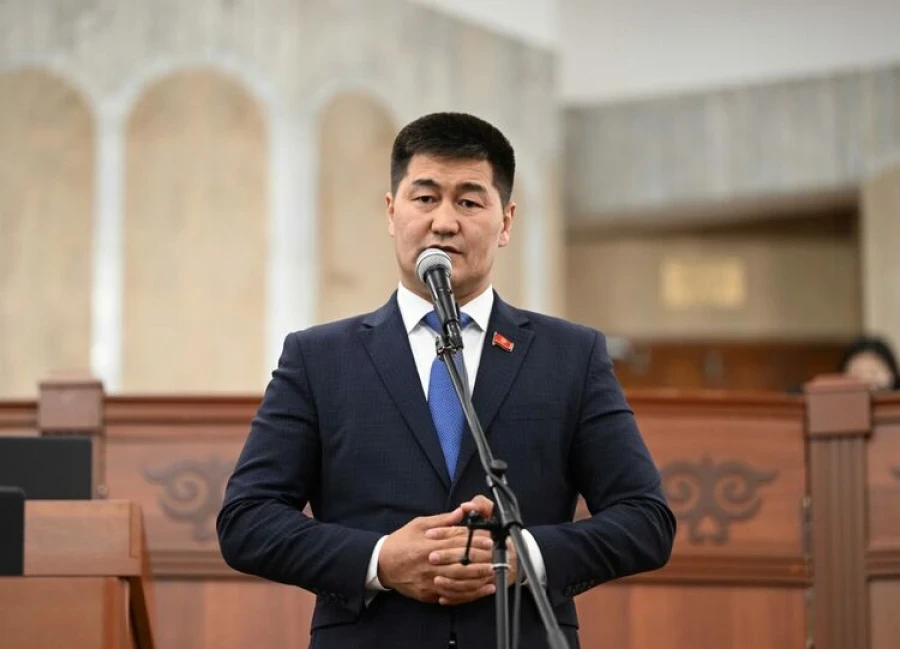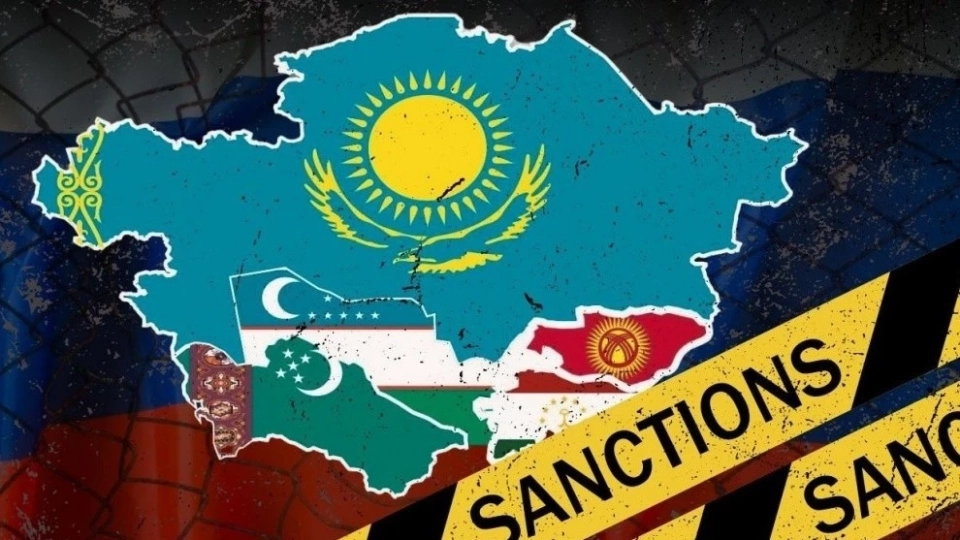The document also proposes simplifying paperwork by replacing mandatory notarization of copies with inter-agency electronic document flow.
Basic requirements for OCUP when submitting an application:
- at least 400 authors or rights holders transferring management rights;
- availability of an official website with 24/7 access and open information;
- regulations for the distribution of remuneration, a database of authors and repertoire, a work plan, and software for distribution;
- establishment of a Supervisory Board; a document on state registration of real estate.
Additional requirements after 3 years of operation:
- updated registers of authors and rights with a mechanism for correcting errors;
- availability of regional offices; annual independent audit;
- confirmed membership in foreign OCUP;
- automated usage accounting system with access for state authorities.
Control and limitations:
- inspections every six months for the first three years, then annually;
- up to 25% of annual fees can be used for administrative expenses (determined by the authorized body);
- annual reporting (including data on fees and payments, contracts, registers, membership of ≥ 250 authors) — by the 5th day of the month following the reporting period.
The acts of 2011 No. 747, 2018 No. 4, 2019 No. 489, 2021 No. 122, as well as certain provisions of resolutions No. 555 (October 19, 2023) and No. 599 (November 15, 2023) have been repealed.
The resolution was published in "Erkin Too" No. 80 dated October 21, 2025, and will come into force 15 days after publication — from November 6, 2025.
Regulation
Regulation on minimum requirements for organizations managing property rights on a collective basis and control over their activities by the authorized state body in the field of intellectual property
Chapter 1. Procedure for submitting and reviewing an application for consent
1. This Regulation defines the minimum requirements for organizations managing property rights on a collective basis and the procedure for monitoring their activities by the authorized state body.
2. To obtain consent for the establishment of an organization managing property rights, it is necessary to submit an application to the authorized state body.
3. The application must specify:
1) the name of the organization, registration details, and actual address;
2) the category of rights that the organization intends to manage, according to part 3 of Article 44 of the Law of the Kyrgyz Republic "On Copyright and Related Rights";
3) the signature of the authorized person and the seal of the organization.
4. The following documents must be attached to the application:
1) certified copies of the founding documents;
2) documents with the necessary information specified in paragraph 11 of this Regulation;
3) an inventory of the submitted documents, certified by the organization's seal;
4) a power of attorney if the application is submitted by a representative of the organization.
5. The documents specified in paragraph 3 must be submitted in the state or official language.
6. The authorized body registers the application in a journal, assigns a number and date of receipt, making a note on the copy of the document inventory for the applicant.
The applicant is responsible for the accuracy of the provided data in accordance with the civil legislation of the Kyrgyz Republic and this Regulation.
The applicant has the right to withdraw the application before the date of the commission meeting for its consideration.
7. Within 30 working days after the registration of the application, the authorized body checks the completeness and accuracy of the submitted information.
If violations are found, the authorized body sends a request for the elimination of deficiencies within 10 working days.
If the deficiencies are not eliminated, the case is terminated, and the documents are returned to the applicant.
8. The application is reviewed at a commission meeting with the participation of a representative of the organization.
9. The regulation on the commission, its composition, and number is approved by the order of the authorized state body.
The commission includes representatives of the authorized body, authors, and holders of related rights who have transferred powers for collective management.
10. The commission is authorized to review the application with the participation of at least two-thirds of its members. The decision is made by a simple majority of votes; in case of a tie, the chairperson has the deciding vote.
Meetings may be held in person or via videoconference.
Decision-making by absentee voting is not allowed.
11. Following the meeting, the commission submits its decision to the authorized body for approval.
Chapter 2. Requirements for organizations
12. The following requirements are imposed on organizations that submitted an application:
1) the consent of at least 400 authors and rights holders to transfer powers;
2) the presence of an official website for posting information about activities;
3) 24/7 access to the website with open information on a gratuitous basis;
4) provision of a work plan and information about software products for the distribution of remuneration;
5) regulations for the distribution of copyright remuneration;
6) availability of a database of authors and repertoire;
7) establishment of a Supervisory Board to monitor activities;
8) registration of real estate.
13. For organizations operating for more than 3 years, additional requirements include:
1) open registers of authors and rights holders;
2) placement of registers on the website and their updating;
3) a mechanism for notifying about inaccuracies in the registers;
4) the presence of regional offices;
5) annual independent audit;
6) confirmed membership in international organizations;
7) an automated system for usage accounting;
8) access for the authorized body to the data of the system.
Chapter 3. Monitoring the activities of the organization
14. Monitoring the activities of organizations is carried out by the authorized state body.
The organization is obliged to provide information at the request of the authorized body within 15 working days.
15. A standard contract for the transfer of powers is approved by the authorized body.
16. The authorized body establishes a maximum amount of retained administrative expenses up to 25% of the fees.
17. Experts in the field of copyright may be involved to verify financial activities.
18. The verification is carried out based on the criteria of the ability to perform rights management functions and provide information about authors and rights holders.
19. During the first 3 years, the organization is inspected twice a year, then once a year.
20. Every spring, by the 5th day of the month following the reporting period, organizations must submit reports and documents to the authorized body, including information on payments and contracts with authors.
21. In case of violations identified during the inspection, the organization must eliminate the deficiencies within the established timeframe.
22. The results of inspections are published on the official website of the authorized body.
Chapter 4. Reasons for terminating the organization's activities
23. The activities of the organization may be terminated in the following cases:
1) failure to eliminate violations;
2) failure to submit reports;
3) non-compliance of founding documents with the law;
4) voluntary refusal to operate;
5) provision of false information in reports.
Chapter 5. Appeal of actions by the authorized body
24. Decisions and actions of the authorized body may be appealed in accordance with administrative legislation.


